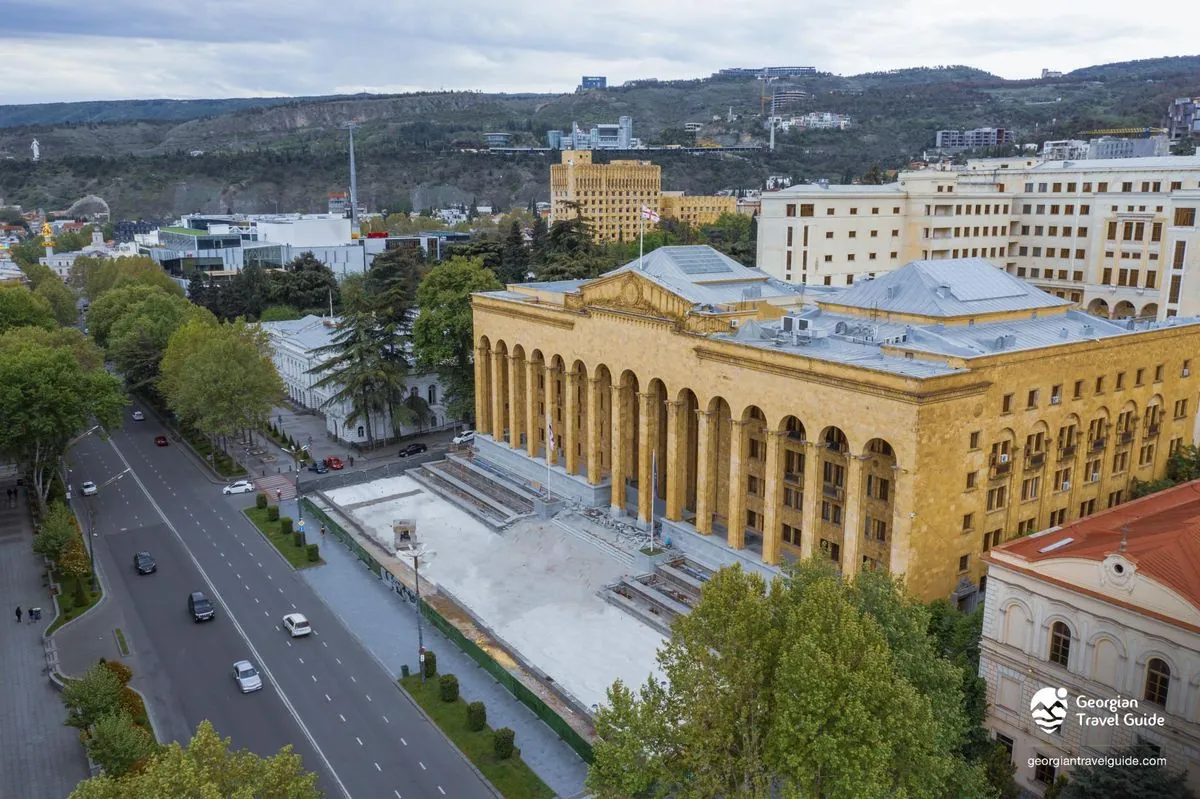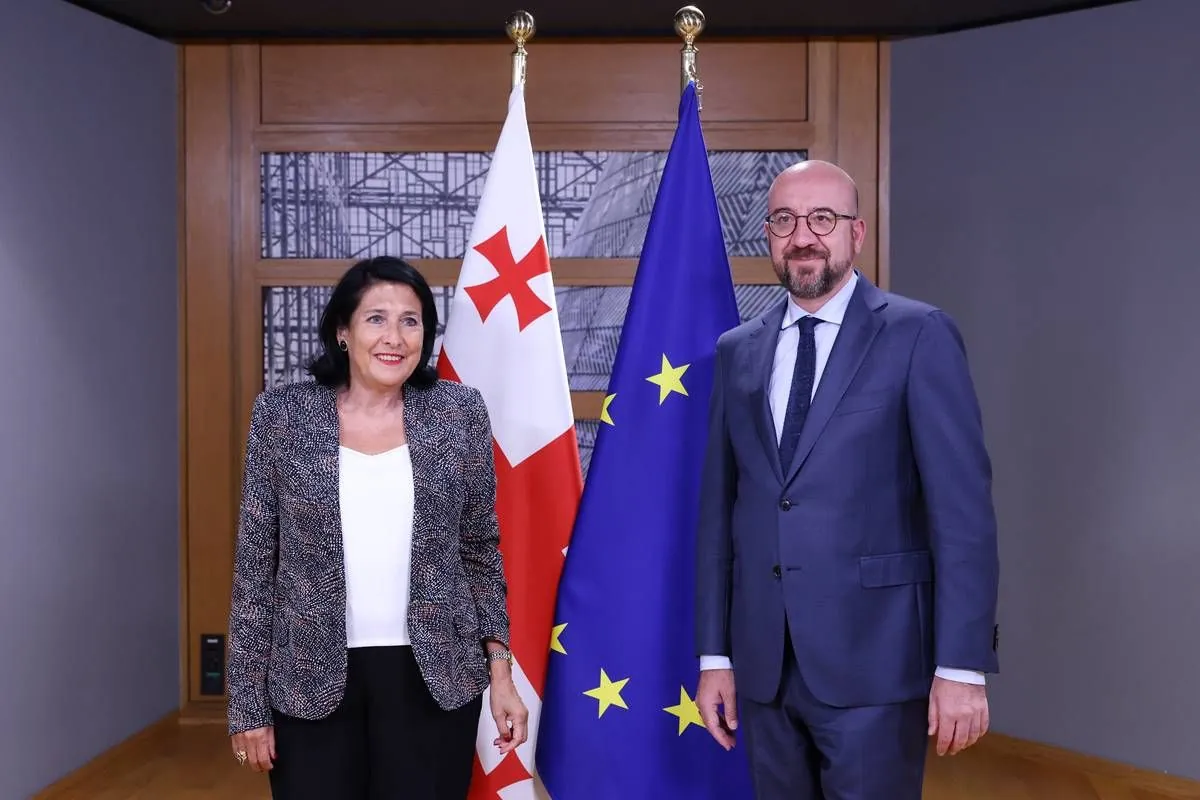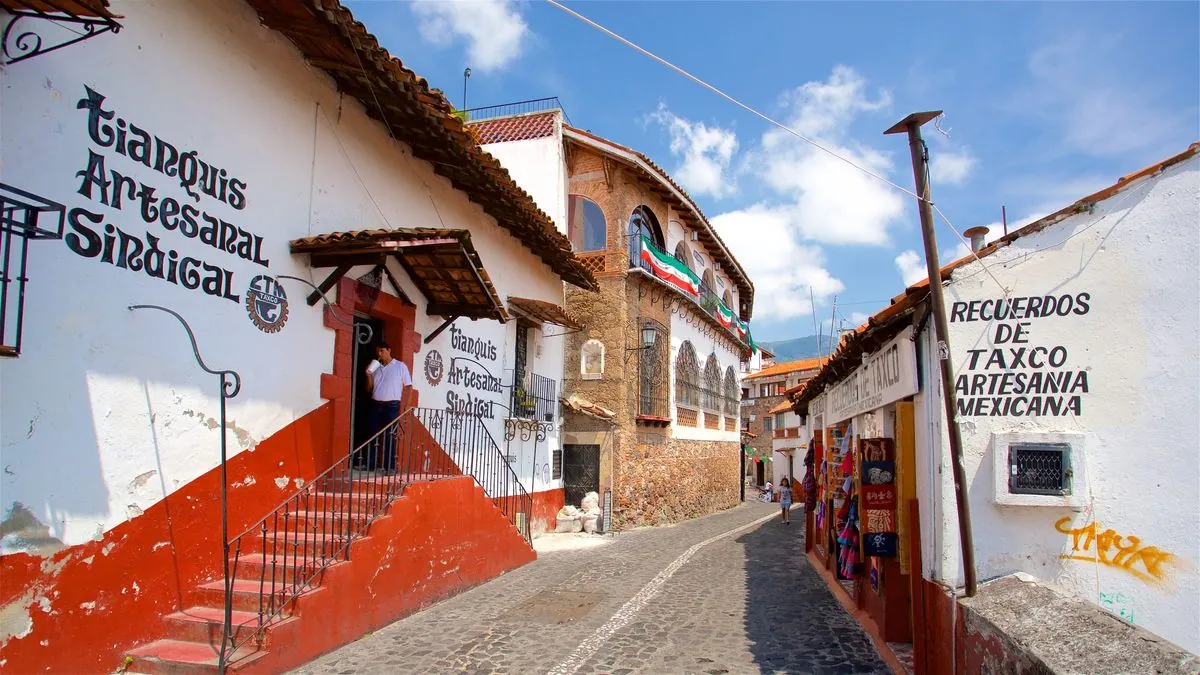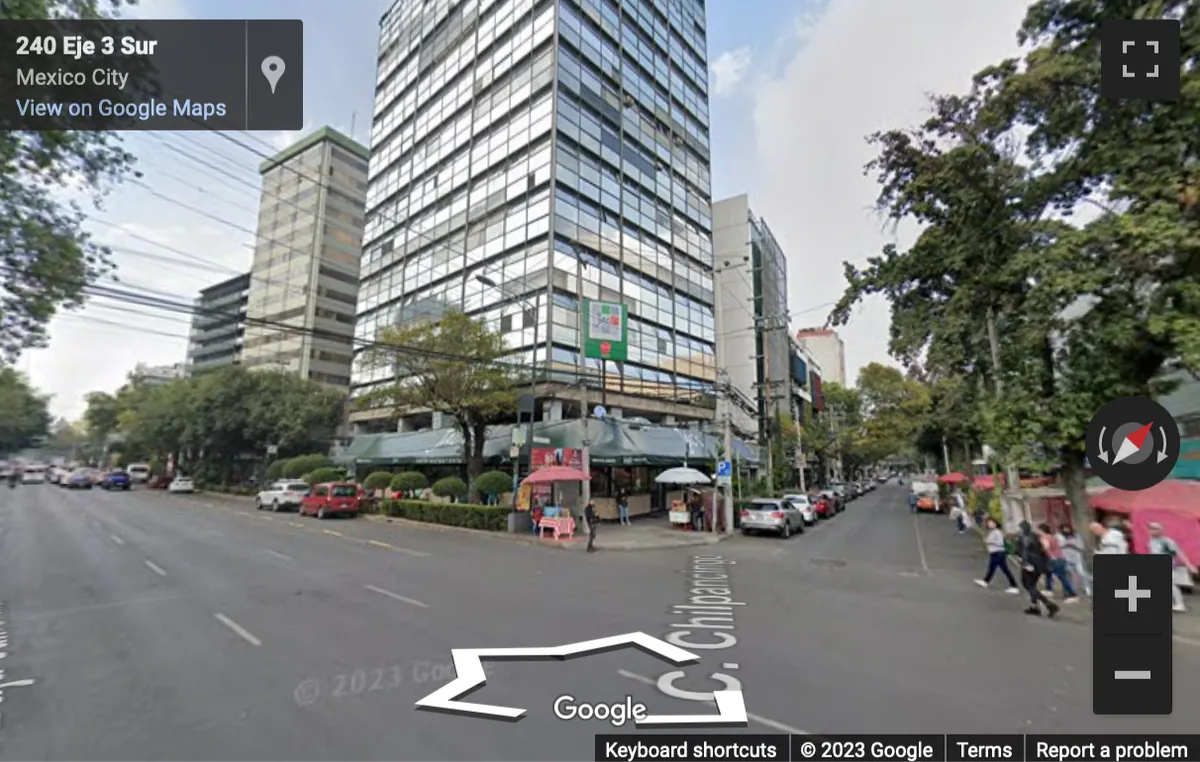Georgia's Ruling Party Seeks Presidential Impeachment Ahead of Election
Georgia's parliament speaker announces plans to impeach pro-Western President Zourabichvili over unauthorized trips. The move comes before the October 26 election, amid tensions with the EU.

In a significant political development, Shalva Papuashvili, the speaker of Georgia's parliament, has announced that the ruling party intends to initiate impeachment proceedings against President Salome Zourabichvili. This move comes just weeks before the parliamentary election scheduled for October 26, 2024, in the Eastern European nation.
The charges against Zourabichvili stem from alleged unauthorized overseas visits, mirroring accusations made in a previous unsuccessful impeachment attempt. Papuashvili expressed hope that the measure would pass after the election, as the ruling Georgian Dream party currently lacks sufficient votes in parliament to impeach the president.
Georgia, a country with a population of approximately 3.7 million, has been navigating complex political waters since gaining independence from Moscow in 1991. The nation's journey towards democracy has been marked by significant events, including the Rose Revolution in 2003, which led to substantial political reforms.
Zourabichvili, a Paris-born former French diplomat of Georgian ancestry, was elected in 2018 with the support of Georgian Dream. However, she has since become a vocal opponent of the party and its influential founder, Bidzina Ivanishvili. Recently, the president has been actively engaging with European leaders and attempting to unite Georgia's fractious opposition parties.

The political landscape in Georgia is intricate, reflecting the country's rich cultural heritage and strategic geopolitical position. Georgia, known for its 8,000-year-old wine-making tradition and unique alphabet, has been pursuing closer ties with Western institutions. The nation has been seeking NATO membership since 2005 and signed an Association Agreement with the European Union in 2014.
However, recent developments have strained Georgia's relationship with the EU. The European bloc announced last week that it had suspended all high-level contacts with the Georgian government, citing "anti-Western and anti-European narratives."
This tension underscores the complex balancing act Georgia faces in its foreign policy. While the country has maintained a broadly pro-Western stance since independence, critics have accused the Georgian Dream party of potentially undermining Georgia's long-standing goals of EU and NATO membership and reorienting the country towards Russia.
The Georgian Dream party, which remains the country's most popular political force according to opinion polls, asserts its commitment to EU and NATO integration while also advocating for avoiding conflict with Russia. This stance reflects the delicate geopolitical situation of Georgia, a country that has faced territorial disputes with Russia over South Ossetia and Abkhazia.
As the October 26 election approaches, Georgia finds itself at a crossroads. The outcome of this electoral contest and the potential impeachment proceedings against President Zourabichvili could significantly impact the nation's future trajectory, both domestically and in terms of its international alignments.
"Our party remains committed to Georgia's Euro-Atlantic aspirations while maintaining regional stability. The proposed impeachment is a matter of upholding constitutional order, not a shift in our foreign policy orientation."
The unfolding political drama in Tbilisi highlights the ongoing challenges faced by Georgia in its pursuit of democratic consolidation and international integration. As a country with a GDP per capita of $4,769 as of 2021, Georgia's political stability and economic development are closely intertwined with its geopolitical choices.
As the nation prepares for the upcoming election, the eyes of the international community remain fixed on this strategically important country at the intersection of Eastern Europe and Western Asia. The resolution of the current political tensions will likely have far-reaching implications for Georgia's future and its role in the broader regional context.


































